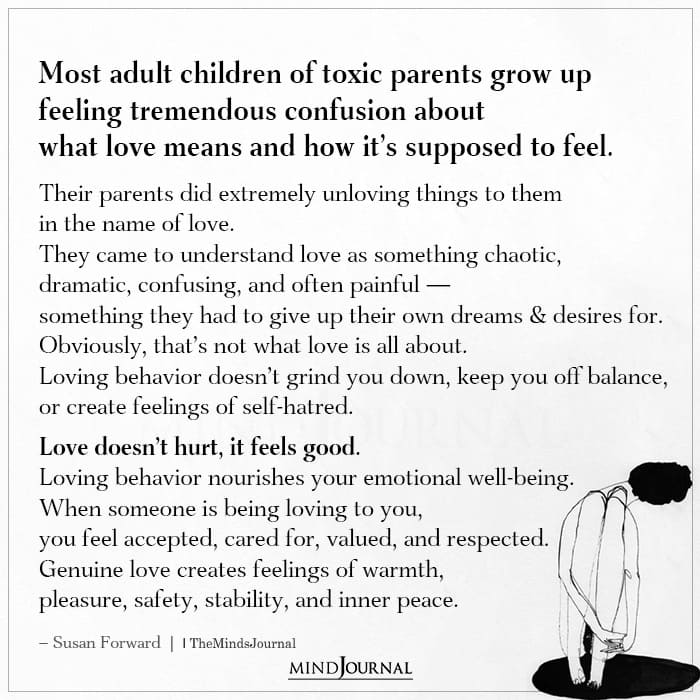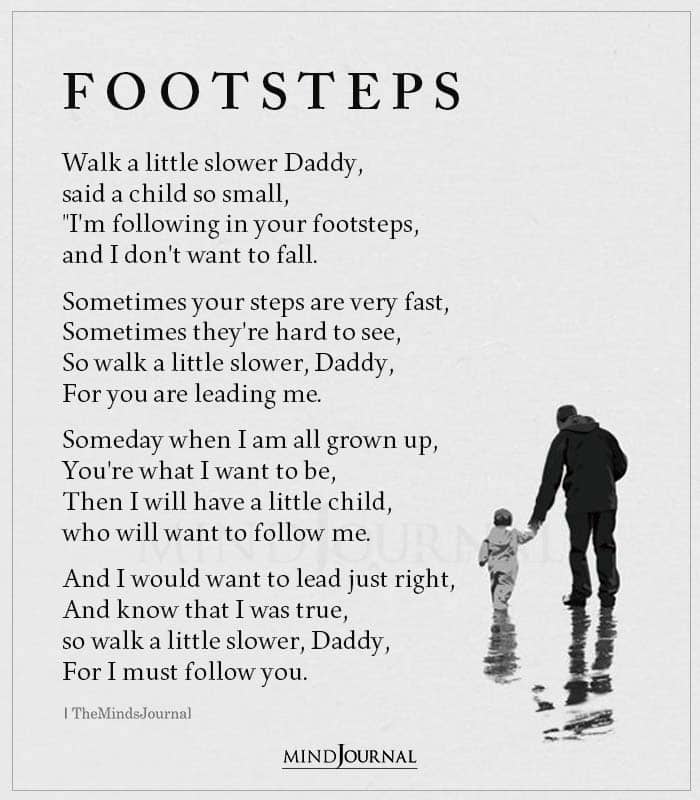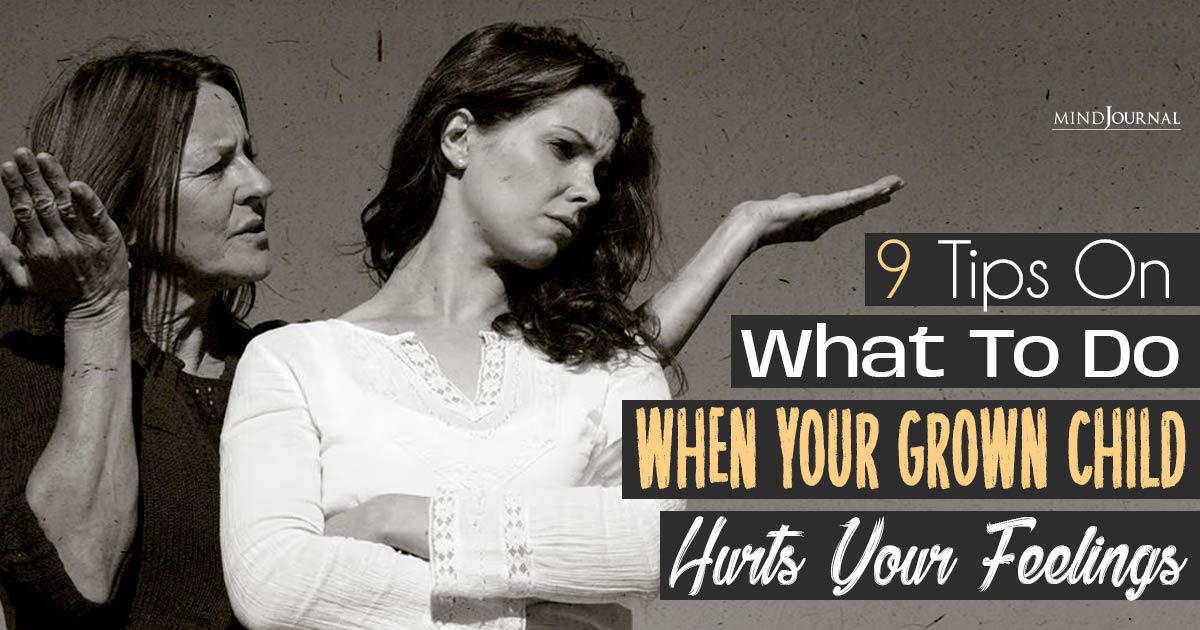As parents, we invest our hearts and souls into raising our children, nurturing them with love, support, and guidance. However, as they grow into mature adults and carve their own paths, the dynamics of our relationship inevitably change. When your grown child hurts your feelings, whether intentionally or unintentionally, it can often be difficult to cope with.
This can leave us feeling confused, saddened, and unsure about how to navigate these emotional challenges. So today let us take a look at what to do when your grown child hurts your feelings so that you can heal yourself and your relationships.
How It Feels When Your Grown Child Hurts Your Feelings
Imagine this: You’ve poured your heart and soul into raising your child, loving them, and supporting them every step of the way. But suddenly, something happens that cuts deep. It’s as if someone has taken a sharp knife and stabbed you right in the heart. Your grown child has hurt your feelings, and it feels like a heavy weight crushing your spirit.
You might feel a mix of emotions – confusion, sadness, and even a sense of betrayal. It’s like a punch to the gut, leaving you feeling empty and questioning where things went wrong. You may wonder how someone you love so deeply could say or do something that causes you so much pain.

It’s important to understand that these feelings are normal and valid. When your grown child hurts your feelings, it can feel like a deep emotional wound that takes time to heal. It’s not easy to accept that the person you’ve nurtured and cared for has the ability to hurt you.
Related: Family Estrangement: How Grown-Ups Pull Away From Toxic Families
The hurt may come from a comment they made that struck a sensitive nerve or a thoughtless action that made you feel unappreciated. Whatever the cause, it’s essential to acknowledge and validate your feelings. Don’t brush them aside or try to minimize their impact.
Remember, you’re not alone in experiencing these emotions. Many parents have gone through similar situations. It’s a part of the complex and sometimes challenging journey of parent-child relationships.
While it may feel overwhelming, it’s crucial to approach the situation with empathy and understanding. Your grown child may not be aware of the impact their words or actions had on you. They, too, are navigating their own challenges and may not fully comprehend the weight of their behavior.
Know that you have the strength to navigate this emotional challenge. By practicing self-care and embracing forgiveness, you can heal the hurt and create a stronger, more resilient bond with your grown child.
What To Do When Your Grown Child Hurts Your Feelings
Wondering how to cope with the difficult emotions that arise when your grown child hurts your feelings? Here are some practical strategies to foster healing and to strengthen your bond –
1. Acknowledge and Validate Your Feelings
When your grown child hurts your feelings, it’s essential to recognize and accept the emotions you’re experiencing. It’s natural to feel hurt, disappointed, or even betrayed.
Validating your feelings is the first step toward understanding and addressing the situation effectively.
2. Reflect on the Situation
Take a step back and reflect on the situation that caused your hurt feelings. Ask yourself questions like, –
“What triggered these emotions?”
“Was there miscommunication or misunderstanding?”
Understanding the underlying factors can help you gain clarity and approach the issue with a calmer mindset.
3. Practice Empathy and Perspective-Taking
Empathy is an invaluable tool for bridging the gap between you and your grown child. Put yourself in their shoes and try to understand their perspective.
Remember, they too are navigating life’s challenges, facing their own struggles, and may not always be aware of the impact their words or actions have on you. By practicing empathy, you open the door to compassion and forgiveness.

4. Communicate Openly and Honestly
Effective communication is key to any healthy relationship, including the one with your grown child. When discussing your hurt feelings, choose a calm and appropriate time to have an open and honest conversation.
Use “I” statements to express how their actions made you feel without blaming or attacking them. For example, say, “I felt hurt when you made that comment,” rather than, “You always say hurtful things.”
Related: 10 Reasons Why Your Grown Kids Don’t Like You
5. Listen and Seek Understanding
During the conversation, make sure to listen actively to your child’s perspective. Give them the space to express themselves without interruption. By understanding their intentions and motivations, you can gain insight into their actions and work toward finding common ground.
6. Set Healthy Boundaries
When your grown child hurts your feelings, it may be necessary to establish or reevaluate boundaries. Boundaries help define acceptable behavior and create a framework for respectful interactions.
Communicate your boundaries clearly and assertively, ensuring they are fair and considerate of both parties’ needs.
7. Let Go of Expectations
As parents, we often hold expectations of how our children should behave or treat us. However, clinging to these expectations can lead to disappointment and hurt when they are not met.
Letting go of rigid expectations allows for a more fluid and adaptable relationship, where both parties can grow and evolve.
8. Seek Support
Sometimes, navigating emotional challenges with your grown child can feel overwhelming. Don’t hesitate to seek support from a trusted friend, family member, or therapist. They can provide an outside perspective, offer guidance, and help you process your emotions in a healthy manner.
9. Foster Forgiveness and Healing
Healing the wounds caused when your grown child hurts your feelings requires forgiveness and a willingness to move forward. Forgiveness does not mean condoning hurtful behavior; rather, it is a personal choice to let go of resentment and make room for growth and reconciliation.
Embrace the opportunity to rebuild your relationship stronger than before.

Takeaway
When your grown child hurts your feelings, it can be a challenging and emotionally charged experience. However, by acknowledging your feelings, practicing empathy, and engaging in open and honest communication, you can navigate these situations with grace and understanding.
By following the strategies outlined above, you can foster healing, strengthen your bond, and ultimately create a more fulfilling parent-child relationship.
Remember, your relationship with your grown child is a lifelong journey, and nurturing it requires patience, love, and the willingness to grow together.
Related: Why You Should Stop Trying To Reconcile With Your Estranged Adult Child
Frequently Asked Questions (FAQs):
How do you deal with a disrespectful grown child?
Dealing with a disrespectful grown child involves setting boundaries, open communication, seeking therapy, and understanding their perspective with empathy.
What is an unhealthy parent adult child relationship?
An unhealthy parent-adult child relationship involves codependency, lack of boundaries, manipulation, enabling, or emotional abuse.
How do you deal with toxic adult children?
Dealing with toxic adult children requires setting clear boundaries, seeking support from therapists or support groups, and prioritizing self-care and well-being.










Leave a Reply